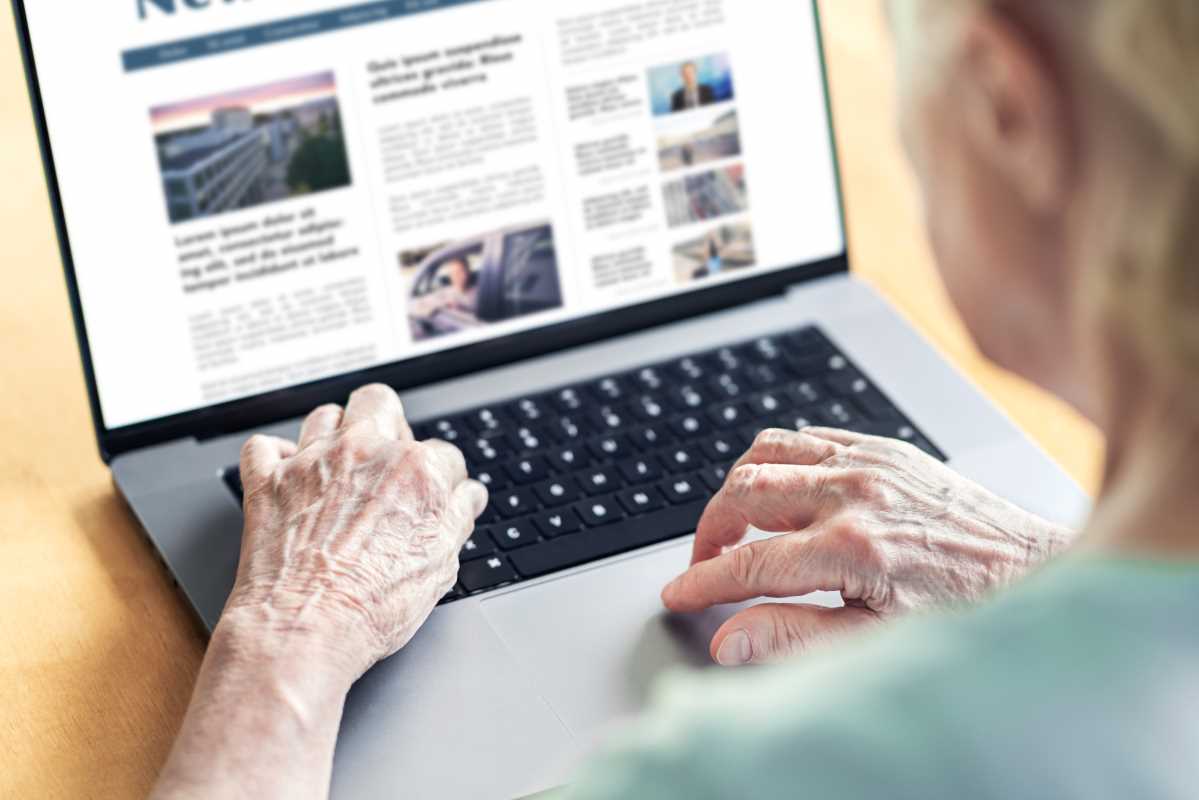Navigating our modern world requires a fundamental understanding of technology. From banking and shopping to connecting with loved ones and accessing information, digital platforms are woven into the fabric of daily life. This reliance on technology makes digital literacy a non-negotiable skill, as essential as reading and writing. It is the ability to find, evaluate, create, and communicate information using digital tools. Gaining a solid grasp of these basics empowers you to participate safely, effectively, and confidently in a society that is increasingly online. Mastering these core digital literacy skills ensures you can harness the power of technology to your advantage while protecting yourself from potential risks.
Understanding Digital Literacy and Why It Matters
Digital literacy is more than just knowing how to use a smartphone or send an email. It's a comprehensive set of competencies that enables individuals to function in a digital environment. This includes a wide range of skills, from basic device operation to complex critical thinking about online information. In the workplace, digital literacy is crucial for productivity, collaboration, and career advancement. Socially, it allows for connection and community engagement.
Personally, it unlocks access to essential services, education, and entertainment. Without these foundational technology basics, individuals can face significant disadvantages, creating a "digital divide" that limits their opportunities and ability to engage fully with the world around them.
Core Skill 1: Navigating Digital Devices and Software
The starting point for digital literacy is comfort with the hardware and software that power our digital lives. This means having a functional understanding of computers, tablets, and smartphones. You should be able to manage files and folders, install and uninstall applications, and adjust basic settings to customize your device.
Beyond the hardware, proficiency with essential software is key. This entails word processing programs for creating documents, spreadsheets for organizing data, and presentation software for sharing ideas. A working knowledge of web browsers is also fundamental. This involves using search engines effectively, navigating websites with tabs, and managing bookmarks for quick access to frequently visited pages. Confidence in handling these tools is the bedrock upon which all other digital skills are built.
Core Skill 2: Information and Media Literacy
The internet provides access to a vast universe of information, but not all of it is accurate or trustworthy. An important component of digital literacy is the ability to find, evaluate, and use online information responsibly.
Finding Reliable Information
Effective searching is a skill in itself. Learning how to use search engines with specific keywords, filters, and advanced search operators can dramatically improve the quality of your results. It's also important to know where to look. Scholarly databases, reputable news organizations, and government websites are generally more reliable sources than unverified blogs or social media posts.
Evaluating Online Content
Once you find information, you must critically assess its credibility. Ask yourself questions like: Who is the author or publisher? What is their purpose in sharing this information? Is the information supported by evidence or other sources? Be on the lookout for signs of bias, misinformation (false information shared unintentionally), and disinformation (false information shared intentionally to deceive). Developing a skeptical and analytical mindset is one of the most important digital literacy skills for protecting yourself from falsehoods.
Core Skill 3: Communication and Collaboration in a Digital World
Technology has transformed how we communicate and work together. Effective digital communication requires understanding the norms and etiquette of different platforms. An email to a manager should have a different tone and format than a direct message to a friend. Being able to convey your message clearly and professionally in various digital contexts is essential.
Collaboration tools have also become standard in both professional and personal settings. This includes proficiency with shared documents, video conferencing platforms, and project management software. Understanding how to use these tools enables you to work effectively with others regardless of physical location, fostering teamwork and boosting productivity. These collaborative skills are highly valued in today's interconnected workplaces.
Core Skill 4: Essential Online Safety and Digital Citizenship
Participating in the digital world comes with responsibilities and risks. A crucial aspect of digital literacy is knowing how to protect yourself and behave ethically online. This is often referred to as digital citizenship.
Protecting Your Personal Information
Online safety tips are fundamental to a positive digital experience. Start by creating strong, unique passwords for your accounts and enabling two-factor authentication whenever possible. Be cautious about what personal information you share online, especially on public social media profiles. Learn to recognize phishing scams—fraudulent attempts, often via email, to trick you into revealing sensitive information like passwords or financial details. Being vigilant about your digital footprint helps safeguard your privacy and security.
Practicing Good Digital Etiquette
Digital citizenship also involves interacting with others respectfully and responsibly. This means avoiding cyberbullying, respecting others' intellectual property by not plagiarizing or pirating content, and contributing to online discussions in a constructive manner. Your online behavior has real-world consequences, and being a good digital citizen helps create a safer and more positive environment for everyone.
 (Image via
(Image via





